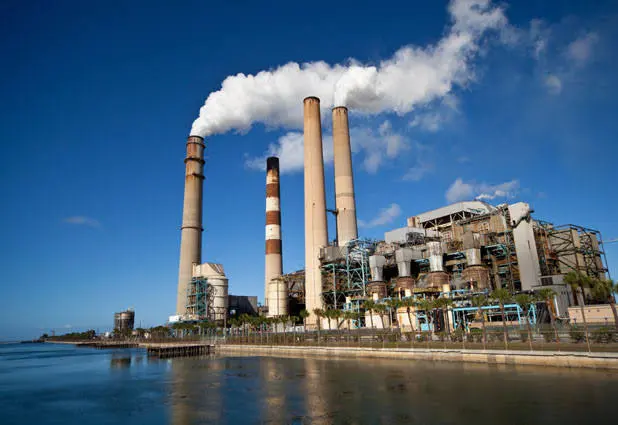Indonesia Plans to Cut Coal Use to 33% of Energy Mix by 2040
Indonesia, one of the world's largest coal exporters, is making ambitious strides towards reducing its reliance on coal-fired energy. As part of its efforts to combat climate change, the Indonesian government announced plans to slash coal’s share in the national energy mix to just 33% by 2040, while increasing renewable energy contributions to 42%. This move comes amidst growing global pressure to transition to cleaner energy sources and Indonesia’s own commitments to reducing carbon emissions.
The bold vision was presented by Coordinating Minister for Economic Affairs, Airlangga Hartarto, during the Group of 20 (G20) summit in Rio de Janeiro. Indonesia’s strategy includes adding 75 gigawatts (GW) of renewable energy capacity and expanding the transmission network by 70,000 kilometers. This will require a massive $235 billion investment in clean energy infrastructure, including renewable power plants and grid improvements. These goals align with Indonesia’s broader objective to achieve net-zero emissions by 2050—ten years ahead of its original timeline.
Currently, Indonesia’s energy mix remains heavily dependent on coal, which accounted for more than 40% of the energy generated in 2023. In comparison, renewable energy sources contributed less than 14% of the country’s electricity. The remaining portion of the energy mix is supplied by oil and gas, accounting for over 30% and 16%, respectively.
The Indonesian government has acknowledged that its progress on renewable energy has been slower than initially expected. For instance, the country missed its 2023 target for renewables, which had been set at 17.87% but fell short. In response, the National Energy Council (DEN) revised its renewable energy goals for 2025, reducing the target range to 17-19% from the previous goal of 23%. Despite these challenges, President Prabowo Subianto remains optimistic, emphasizing Indonesia's vast natural resources and its potential for self-sufficiency in clean energy.
As part of its energy transition, the country is focusing on controlling emissions from existing coal-fired power plants rather than retiring them early. This pragmatic approach allows Indonesia to gradually shift towards cleaner sources of energy without disrupting power supply stability. The government also sees the long-term benefits of diversifying its energy portfolio, creating job opportunities in renewable energy sectors, and improving energy security.
However, the journey ahead is far from easy. With coal still dominating the energy sector, the proposed shift will require extensive collaboration between the public and private sectors, as well as significant financial investments. To meet its goals, Indonesia will need to overcome technical, regulatory, and financial hurdles, including attracting international investments to fund renewable energy projects.
The country’s move away from coal aligns with global trends towards cleaner energy. It also supports Indonesia's role in the international climate change discussions, as it seeks to reduce its carbon footprint and contribute to global efforts in combating climate change.
With this transition, Indonesia is positioning itself to lead in the Southeast Asian region in terms of energy innovation and sustainability, all while striving to meet the growing demand for energy in the years ahead.
Read More






 Saturday, 31-01-26
Saturday, 31-01-26







